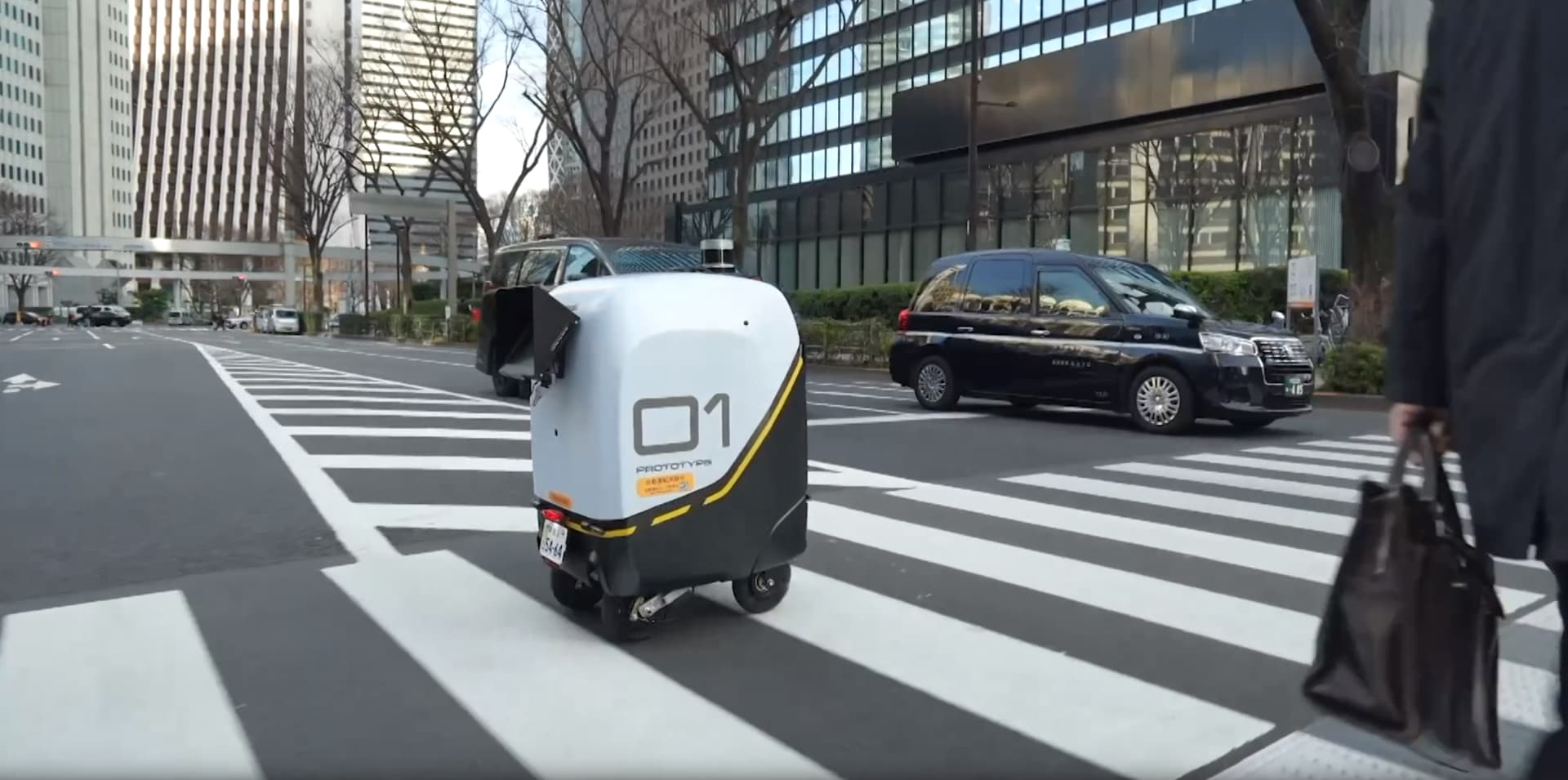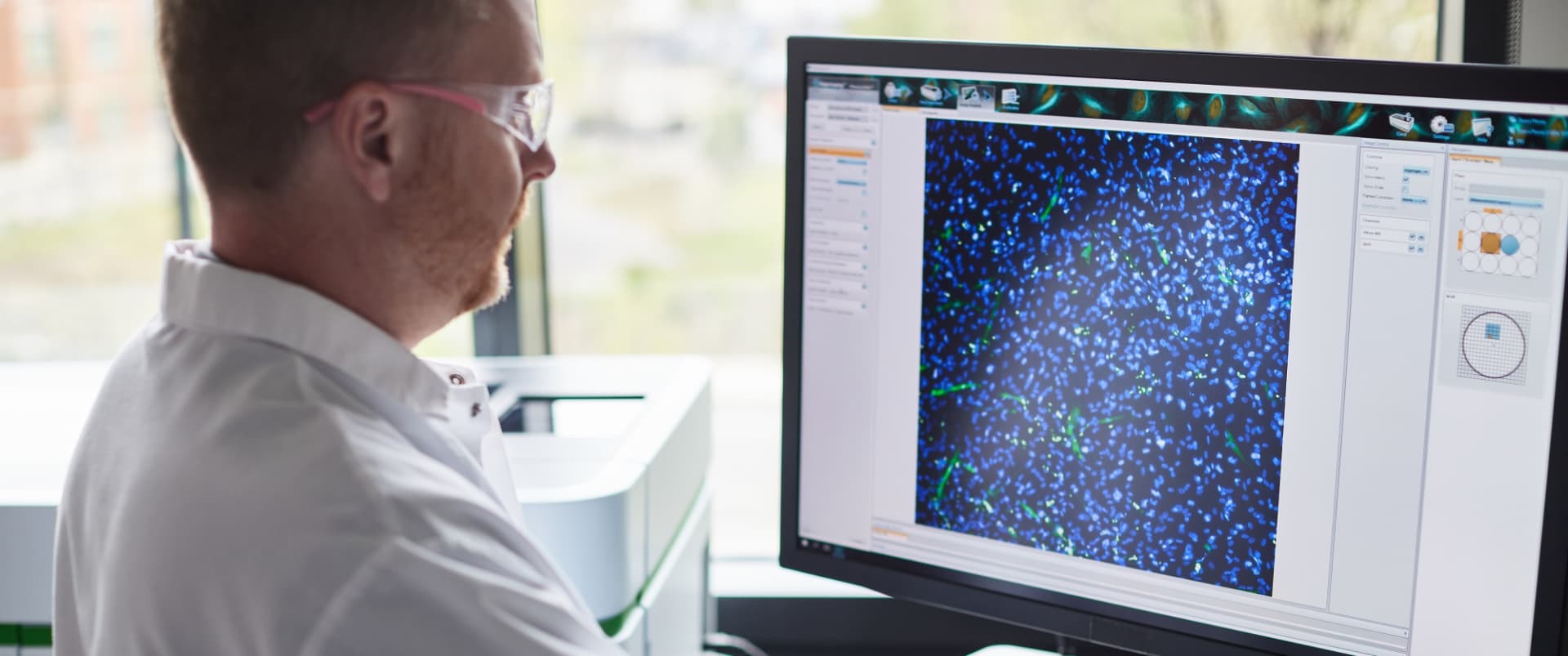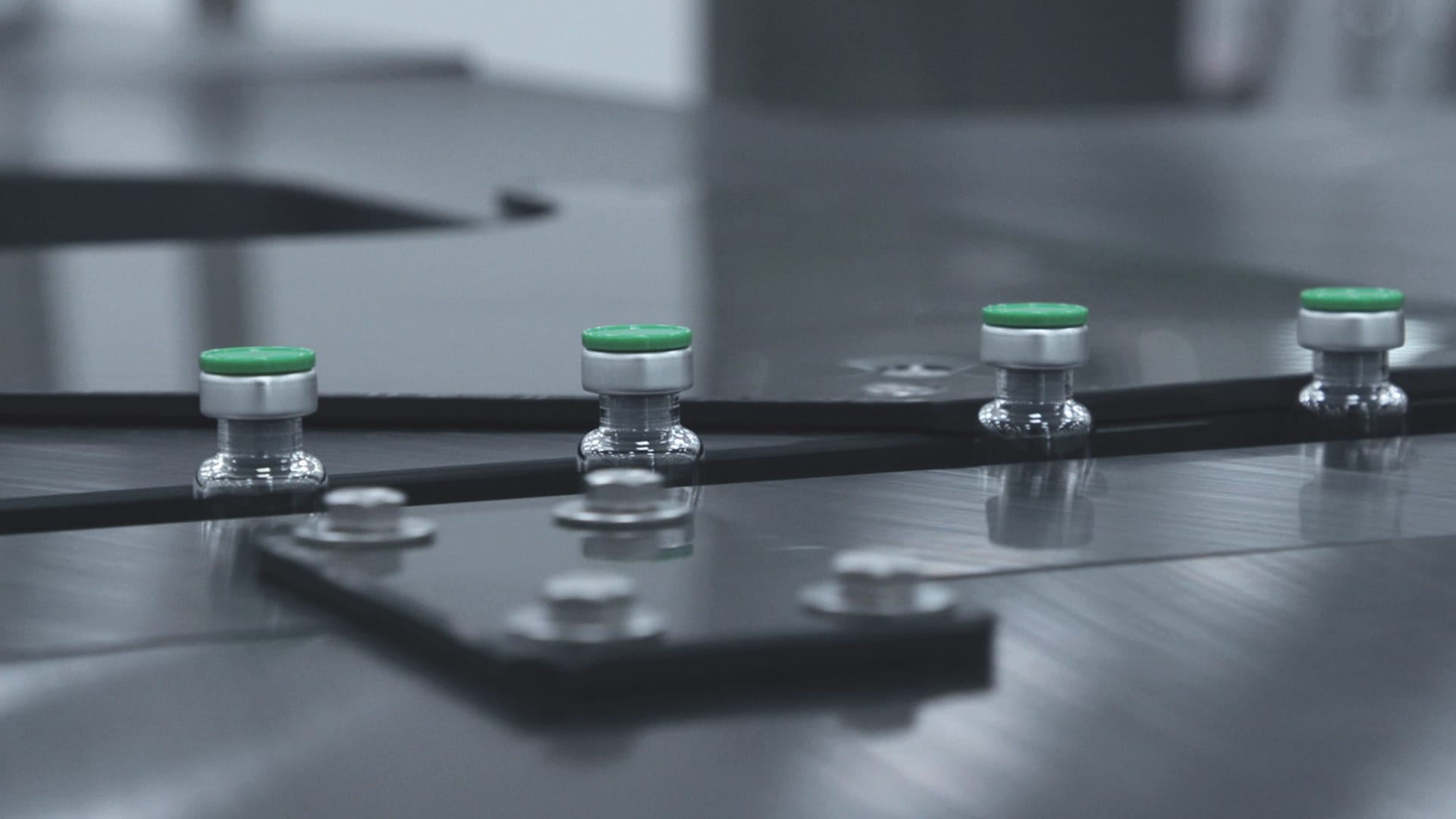How a conversation led to a new AI assistant | Takeda Stories
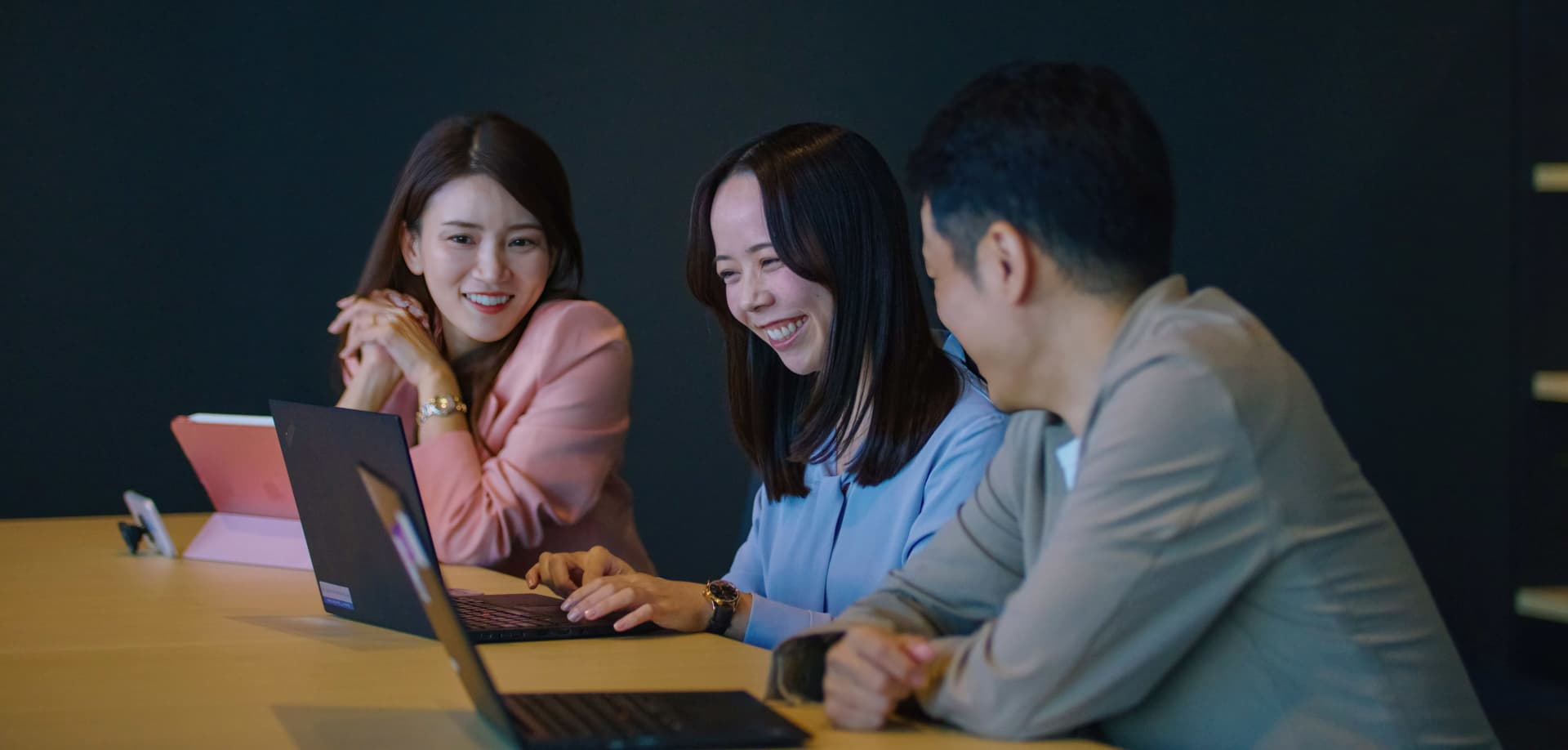
How a conversation led to a new AI assistant
It was early February 2023 and the forecast was gray and overcast – typical for that time of year in Matt Jimison’s hometown of Indianapolis, Indiana. He was enjoying his job as the lead for the Intelligent Services team, which he had joined five months earlier. But it was a specific conversation that made him forget all about the dreariness outside.
The conversation was with Dave Feldman, who leads our Intelligent Workplace team, and the topic was developing our own AI digital assistant. Artificial Intelligence had been in the news the previous few months, and Matt and Dave saw a path to creating something groundbreaking for the company.
“I was so inspired that I worked three straight days on nothing but this,” he says. “Once I started, I was solely focused on getting it created.”
Mission accomplished. A prototype of the digital assistant was ready to go the next week.
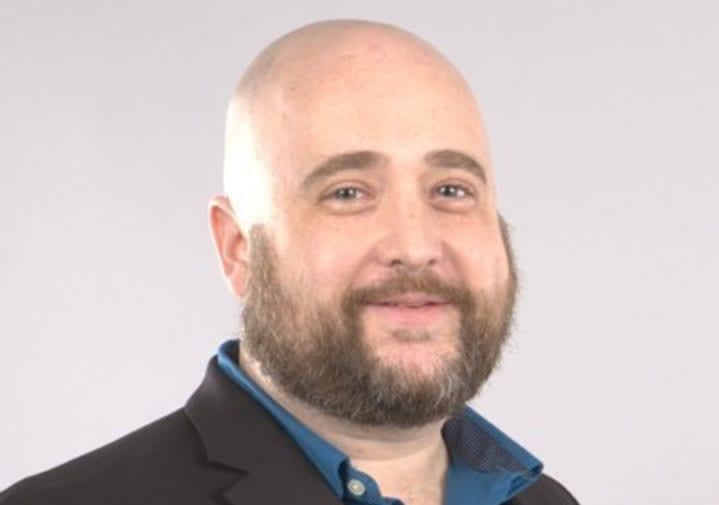
“We weren’t sure where myAibou was going to bring the most value when we first started it on that afternoon. It went from something ‘cool’ to something useful very quickly."
Matt Jimison, Lead, Intelligent Services.
Going to be a big deal
How did this progress take place so quickly?
Matt and Dave’s conversation included a discussion of Generative AI, a type of Artificial Intelligence that can produce creative content, including stories, videos and still images. Other cutting-edge AI chatbots had been released a few months earlier, and Matt, Dave and their colleagues had already been playing with the technology to learn the uses and pitfalls. One concern was that private data could be inadvertently made public.
Their conversation shifted to newly developed technology aimed at enabling Generative AI systems to help maintain information privacy. When users utilize other publicly available systems, their data can be integrated into third-party models. That’s why creating access to similar technology without compromising our data was crucial, Dave said.
“Matt and I agreed that this was going to be a big deal,” Dave says. “I said, ‘Let’s give it a shot and see what we can do to build our own.”
Honoring our Japanese heritage
The result of this inspired innovation was a new digital assistant Dave named myAibou (pronounced My-I-Bo), which means “my work collaborator” and “partner” in Japanese. myAibou has no access to Takeda data other than what the user gives it in their question or prompt.
“It was important for us to honor Takeda’s Japanese heritage,” Dave says. “For over two centuries we have been at the forefront of innovation to address unmet patient needs. Creating this new tool is obviously fun and exciting, but there is a larger purpose. The more effective and efficient we are, the more we can help people.”
Dave, Matt and their teammates tinkered with it for the first few days to determine how it would be most useful. They had it draft emails and analyze content. Slowly, they introduced it to larger groups of employees and encouraged them to play with it to see what they could make it do.
They heard stories of myAibou helping draft presentation decks and organize calendars. As the number of employees using myAibou kept growing over the next several months, Chief Data and Technology Officer Gabriele Ricci invited Dave’s team to showcase it at an international conference of Takeda leaders in San Diego in May 2023.
“myAibou is a stellar example of how our company prioritized data, digital and technology into our daily operations,” says Gabriele. “Organizations like ours need to innovate quickly and smartly to keep up with the pace of technology. It makes us a more resilient company.
“Our dedication to bringing innovative tools to the workforce has resulted in improved productivity and a safe environment for exploring new technologies and ignited growth mindsets that will help us bring innovative solutions to the patients we serve,” he continues. “I'm proud of the team and grateful to our workforce for embracing new technologies.”
Leo Barella, our Chief Technology Officer, said the team was so far ahead of others in the field that we’re already on Version 2.0 while they’re still in the beta phase.
“Our team jumped into action to develop myAibou as soon as the technology allowed, and that has helped the entire organization learn to use and become comfortable with it,” Leo says. “We’re already moving toward its second generation based on feedback from employees. We’ve harnessed the power of the imagination of the entire company.”
Dave said the next version of myAibou will focus on “making meetings better.”
“We’re working on ways to have it help view past meetings, access past transcripts,” Dave says. “It’s all about identifying what makes it easier for people to do their jobs.”
Matt looks back on his discussion with Dave with pride, seeing how far myAibou has come in such a short time.
“We weren’t sure where myAibou was going to bring the most value when we first started it on that afternoon,” Matt added. “It went from something ‘cool’ to something useful very quickly.”
Share this story

